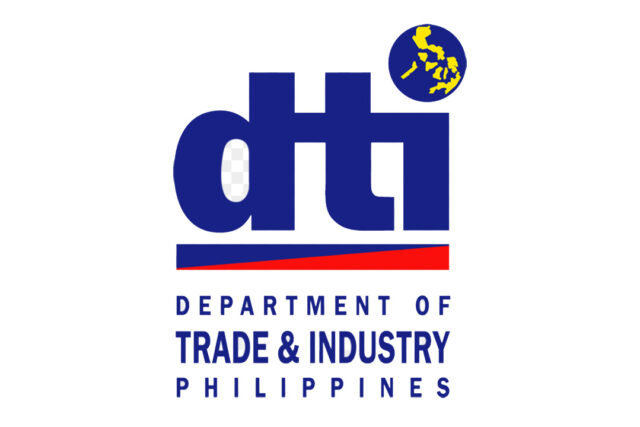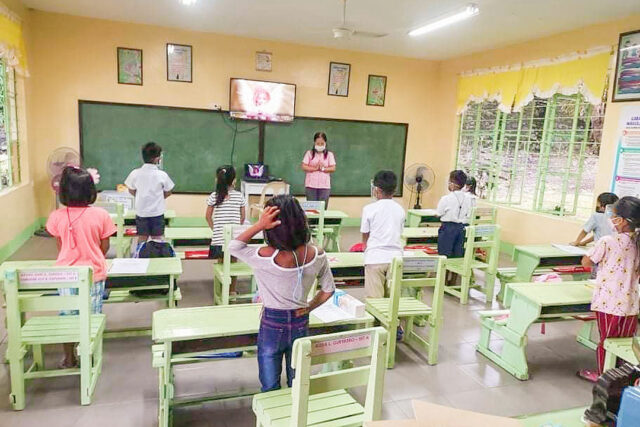Battery storage seen as critical for RE adoption
By Ram Christian S. Agustin
 THE Philippine Electricity Market Corp. (PEMC) said greater use of battery energy storage system (BESS) will be crucial in promoting renewable energy (RE) and achieving energy security.
THE Philippine Electricity Market Corp. (PEMC) said greater use of battery energy storage system (BESS) will be crucial in promoting renewable energy (RE) and achieving energy security.
In a dialogue on Wednesday organized by the Asian Development Bank, the PEMC said it is embarking on a study of deploying more BESS to ensure that some RE systems whose power generation is intermittent, such as wind and solar, have a means of parking their power for later use.
In an e-mail interview, PEMC Corporate Planning and Communications Department Head Clares Loren C. Jalocon said storage is viewed as a growth industry in the coming years, and that adjustments to how it is regulated are required.
“It was initially determined in the ongoing study that the current rules in the market revolve much on the registration of the BESS facilities, and need to be reinforced in the areas of scheduling and dispatch, with due regard on market governance considering the high flexibility of BESS,” he added.
RE facilities operate on a “must dispatch” and “priority dispatch” basis under the rules of the Philippine Wholesale Electricity Spot Market (WESM). RE capacity participating in the market grew 50% in the first year of implementation of the dispatch regime, he said.
The PEMC has joined the Southeast Asian Energy Transition Partnership program of the United Nations Office for Project Services.
The partnership agreement involves the preparation of an energy transition roadmap that revolves around “introducing market mechanisms and enhancements” to promote renewable technology and ensure supply stability and diversification.
The partnership will start with a study on the role of BESS in the electricity market, specifically in achieving grid security and reliability due to the variable and intermittent output of clean energy technologies.
According to WESM’s technical committee study, BESS can support grid stability by enabling load shifting and load following due to its ability to withdraw from or inject power to the grid.
Power stored in BESS addresses the variability and intermittency of RE resources.
“When the line limitation eases or the stored supply is needed, the BESS can discharge the stored energy for the grid’s consumption,” he added.
In a recent briefing of the Energy Task Force Election, the Department of Energy said it is also looking into BESS facilities that can augment the grid supply for the May 9 elections and the supply-challenged dry season.













